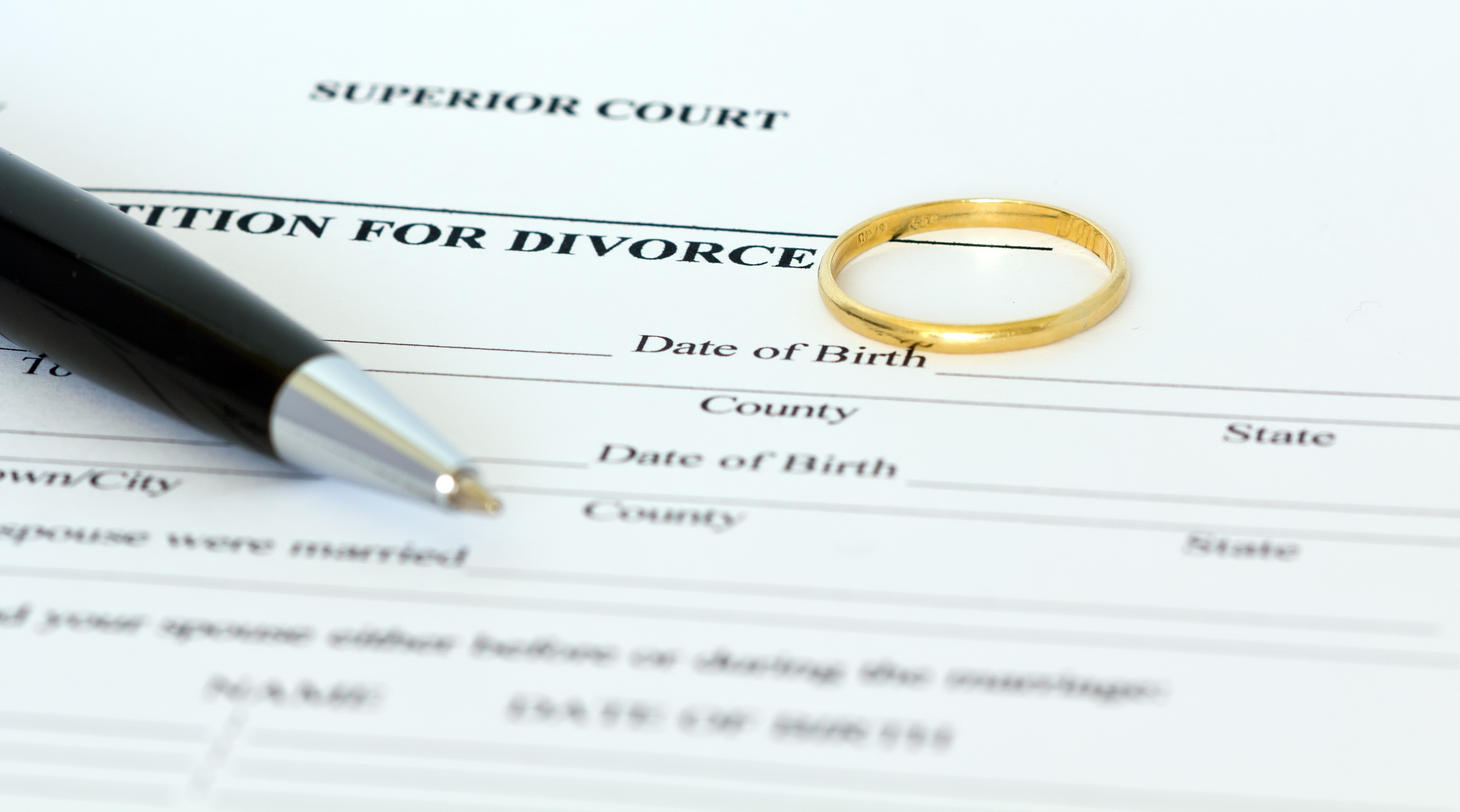According to national government statistics the divorce rate in this country rose in the sixties and seventies, peaking in 1976 after the introduction of the Family Law Act 1975 which allowed no-fault divorce. By 2017, 43% of divorces were from couples married nine years or less but recently there has been an increase in couples married for 20 years or more seeking legal separation. At any stage of a marriage this can be a painful time for both parties, and it is more important than ever to consider the legal ramifications before filing for a divorce. Getting things clear before embarking on such a route is the starting point, beginning with speaking to a divorce lawyer in Melbourne.
Preparation For Separation
One of the areas that your lawyer will advise on is around the timings and preparation needed before the divorce is filed. This means that the married couple should not have lived together for a minimum of 12 months before a divorce decree can be made. They don’t have to be living apart, but they have to declare they are not living as a married couple. It might not be financially viable for both parties to keep separate accommodation but if children are involved (and family pets) then a minimum accommodation standard is required to ensure dependants are in a healthy and stable environment. In order for this to be achieved fairly and amicably, it helps to have a written agreement in place establishing living arrangements, visitation rights, shared use of occupancy and your divorce lawyer can support with this process.
Financial Matters
We have seen a rise in divorce rates for those married more than 20. As well as considerations around joint property, there will also be joint savings, financial investments and pension considerations along with any support for university or school costs and child maintenance depending on the age of children. There needs to be an objective audit of both joint and separate financial assets, which must be provided in writing to the Courts.
These must include all outgoings and outstanding debts, all income (including returns from investments) and a list of all assets which include superannuation held by both parties. Decisions should be considered around closing joint accounts or having agreed restricted access to any cash reserves to one person. If there are joint credit cards, then it may be best to decide to close these in order to stop or prevent arguments in the future around spending.
Children
It is paramount that the rights of the children in any divorce case are protected and they are not used as a bargaining chip, particularly in highly adversarial divorces. The legal system takes this very seriously and if couples are seen to put their interests rather than their children, this is looked upon highly unfavourably. Both the emotional and physical needs of the child have to be met and they have a right to access those who love and care for them. This can include the extended family such as grandparents or others. While a formal agreement does not have to be in place around this access, it is best to put in place a set and stable arrangement so that the children know where they stand. Provided there is no reason to stop a child from seeing each parent (unless there is a safeguarding risk to the child such as domestic violence for example), setting down access arrangements, which includes school and sporting activities should be considered.
Documentation
Legal documents which are accurate and easily available in a portfolio will make all parties lives easier. Your divorce lawyer can help with advising on what needs to be included but passports, birth and marriage certificates should be included, as well as family wills, bank books, Medicare statements, mortgage papers, any pre- nuptial agreement if present and lease documents for the property.
Timings And Communications
If the application to file for divorce is not a joint decision, then be prepared to object to the formal Application for Divorce or the facts within that application. If it is served in Australia and the person receiving wants to file a response, they must do so within 28 days of the application. If served outside of Australia, the time limit is extended to 42 days. To avoid this, appropriate lines of communication must be maintained. This means not discussing details of the separation in a manner that can be used against a person, for example making defamatory statements on social media.
Talking it through with your lawyer can help during what may be one of the most difficult times for any couple.

